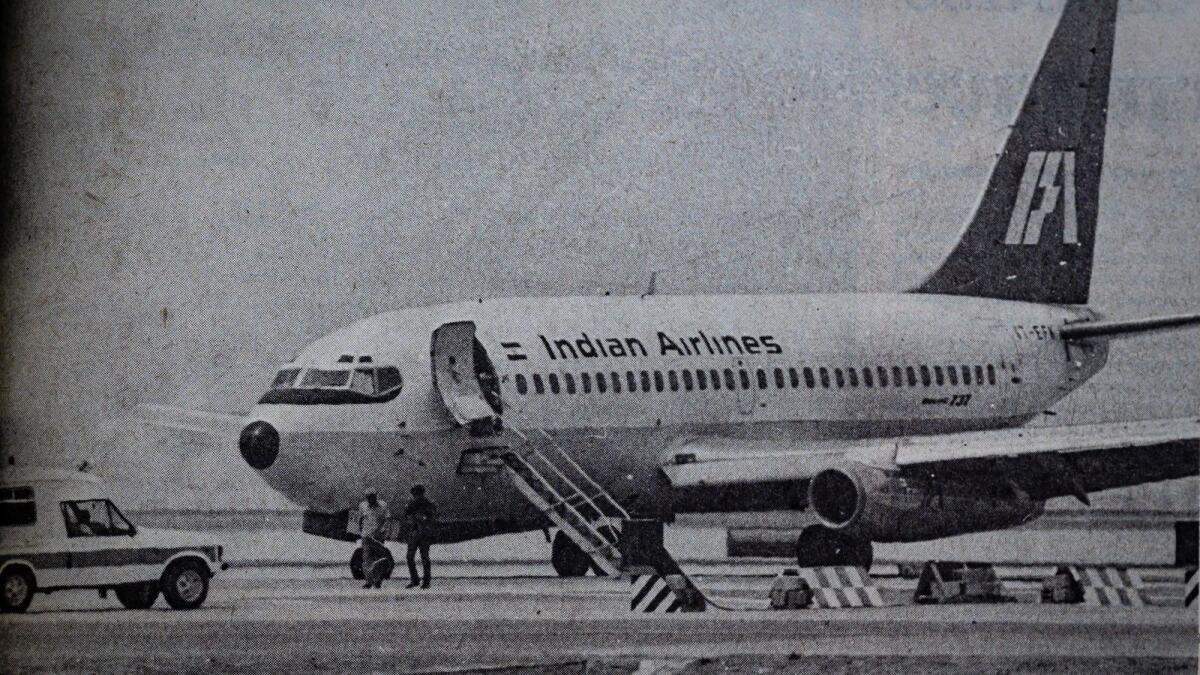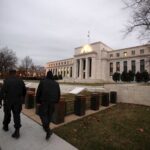On August 25, 1984, a tense hostage drama unfolded at Dubai International Airport involving Indian Airlines Flight 421, which was hijacked by seven pro-Khalistani insurgents. The Indian carrier was on a domestic flight from Delhi to Srinagar with 73 people on board when seven hijackers stormed into the cockpit at Chandigarh. They initially ordered the pilot to fly to Amritsar and then to Lahore, but due to unstable weather, the aircraft was diverted to Karachi and eventually landed in Dubai.
The UAE authorities initially refused permission to land at Dubai International Airport, causing a temporary closure of the airport for one and a half hours. As negotiations took place, the Indian airliner circled overhead for about two hours before finally landing due to concerns about fuel. The hijackers demanded safe passage to the US, but then UAE Defence Minister Sheikh Mohammed bin Rashid Al Maktoum joined the negotiations, offering to keep them in the country until their request for asylum in the US could be considered.
After 10 hours of negotiations, Sheikh Mohammed urged the hijackers to release the passengers on humanitarian grounds. The passengers were safely evacuated from the aircraft and driven away from the airport, while the hijackers were held in custody. The following day, all hostages were safely released, and the hijackers were detained. Dubai Civil Aviation authorities offered a sumptuous dinner to the passengers before they headed back home.
The successful negotiation led by Sheikh Mohammed bin Rashid Al Maktoum ensured the safe release of all hostages and a peaceful resolution to the hijacking incident. American diplomats were also involved in the negotiations, but the hijackers’ demand for asylum in the US was not fulfilled. The hijackers eventually accepted Sheikh Mohammed’s call to release the passengers, and the day after the hijacking, all hostages were able to fly home.
The hijacking incident at Dubai International Airport in 1984 marked a pivotal moment in aviation history, showcasing the effective crisis management and negotiation skills of UAE authorities. The passengers who were held captive were able to return home safely, thanks to the timely intervention of Sheikh Mohammed and the cooperation of all parties involved. The incident serves as a reminder of the importance of maintaining calm and diplomacy in the face of crisis situations to ensure the safety and well-being of all individuals involved.










